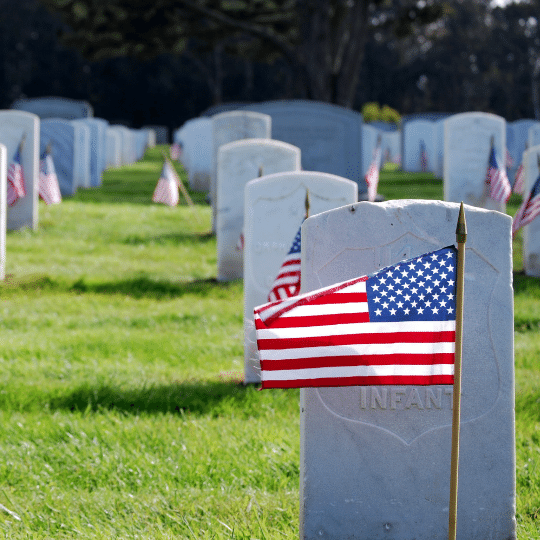
Memorial and Veterans Days are the typical times of year that our country collectively remembers the brave military personnel who made the ultimate sacrifice in service to our country. Part of honoring their memories means diligently caring for our veterans that have come home and are suffering in increasing numbers from Post Traumatic Stress Disorder (PTSD) as a result of their time in the service. Currently, PTSD and depression are the two most common mental health conditions that veterans face according to the National Alliance on Mental Illness, NAMI (2). The VA estimates that PTSD affects up to 20% of veterans who fought it Iraq and Afghanistan, about 12% of Gulf War veterans and about 30% of Vietnam War veterans (1). Due to surmounting anecdotal evidence and multiple scientific studies, several states across the US now consider PTSD to be one of several qualifying conditions for people to receive access to medical cannabis.
PTSD can be difficult to manage and the effects can ripple throughout many aspects of a person’s life. The significant signs recognized by the APA include recurring intrusive thoughts and memories, nightmares, flashbacks, anxiety, avoidance, irrational thoughts, emotional distress, hyper-reactivity and often various other unwanted symptoms (3). Researchers now believe that low doses of THC and/or THC combined with CBD can help people who suffer from PTSD with some of these symptoms. The anecdotal evidence that supports the positive effects of cannabis on PTSD has existed for a long time and now scientists are trying to figure out the mechanisms behind these results.
In one recent study, researchers scoured peer-reviewed publications from between 1974 and July 2020 to find controlled human trials involving cannabis and trauma. The study concluded that low dose THC and THC combined with CBD can help to “suppress anxiety and aversive memory expression without producing significant adverse effects” (4). The ability to suppress aversive memory expression is a key factor in a person’s ability to cope with and heal from PTSD and the fact that cannabis can facilitate this without producing significant adverse side effects is what separates it from many other conventional treatments for PTSD.
Another very interesting study showed that low doses of THC can reduce anxiety and have beneficial effects on the physical reactivity of the amygdala (the part of our brain that responds to stress) during a threat processing situation (5). Additionally, a study from 2017 revealed that regular cannabis users have a significantly lower levels cortisol found in their saliva – a distinctive stress response – compared to non-users when exposed to both physical and psychologically stressful stimuli (7).
Clearly the evidence is continuing to mount in favor of cannabis as a advantageous treatment option for PTSD. In 2020, a year-long study of 150 individuals pre-determined to have PTSD concluded that after the one year “Participants who used cannabis were 2.57x more likely to no longer meet DSM-5 criteria for PTSD at the end of the study observation period compared to participants who did not use cannabis.”(6) The more research that can be done on cannabis, the better we can serve our veterans and honor the memories of those who gave everything for their country.
